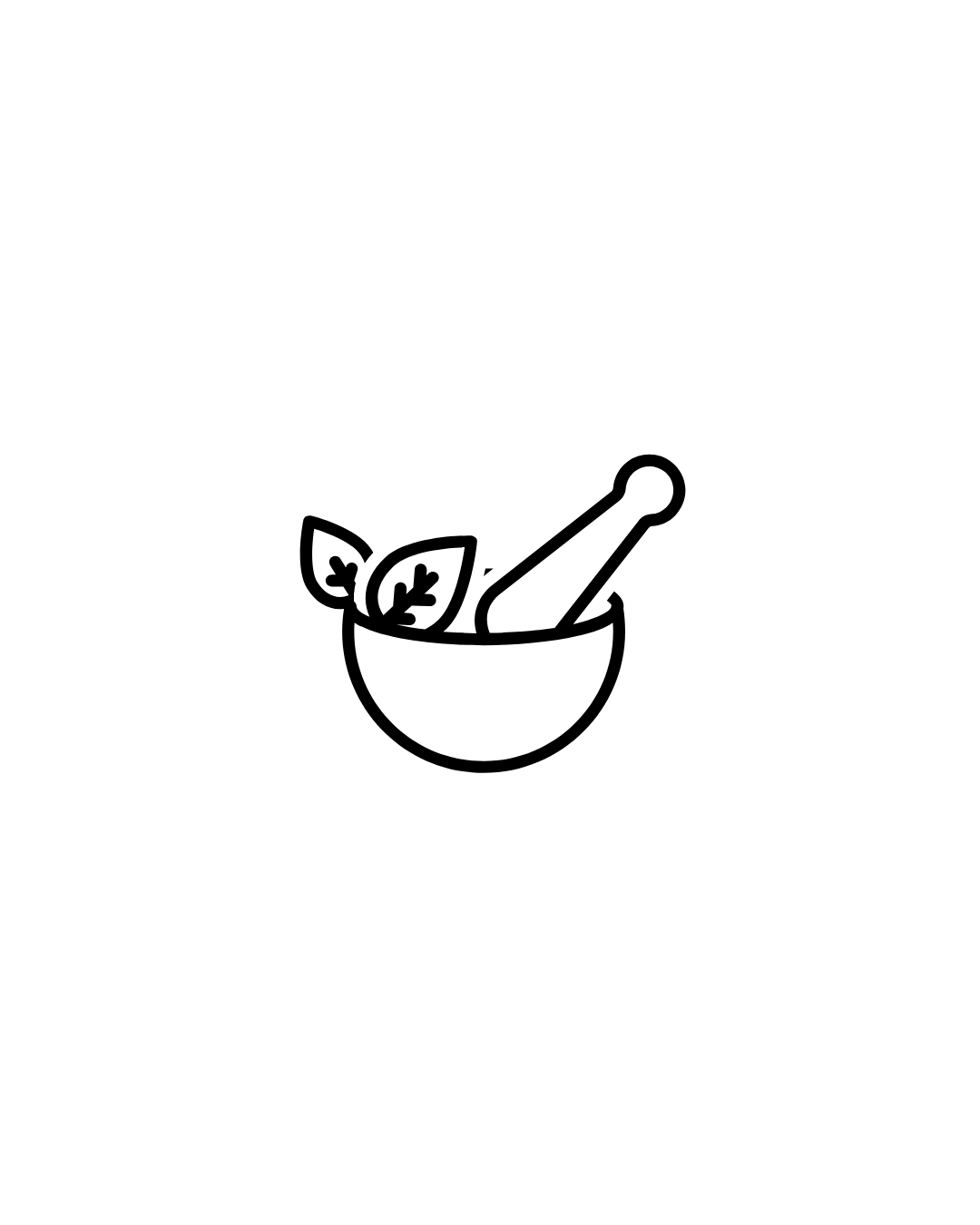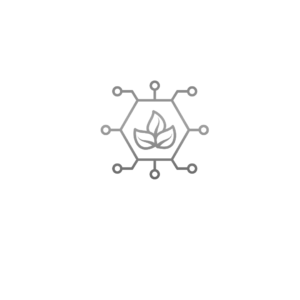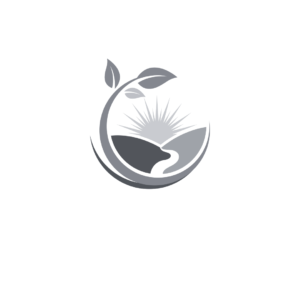Description
The Diploma in Vocational Education (D.Voc) in Ayurveda Dietetics is designed to educate students about traditional Ayurvedic principles regarding food, nutrition, and lifestyle. This program emphasizes the holistic approach of Ayurveda, aiming to promote health and well-being through proper dietary practices based on individual constitution (Prakriti). Below is an overview of the course details, curriculum, and potential career opportunities.
Course Details:
Duration: Typically lasts 1 to 2 years, based on the institution?s structure.
Eligibility: Candidates generally need to have completed secondary education (10th or 12th grade), with a background in science or health-related fields preferred but not always required.
Mode of Study: Offered as a full-time or part-time program, combining theoretical lectures, practical workshops, and field placements.
Curriculum:
The curriculum usually encompasses several key areas, including:
1. Introduction to Ayurveda
Understanding the foundational principles of Ayurveda.
Exploring concepts such as Dosha (body constitution), Dhatu (tissues), and Mala (waste products).
2. Ayurvedic Dietetics
Nutritional Science:
Application of nutritional principles in Ayurveda, including the role of taste (Rasa) and food properties (Virya, Vipaka).
Food Groups and Dietary Guidelines:
Understanding various food categories and their effects on health and well-being.
Diet Planning:
Techniques for creating balanced diets tailored to individual needs based on their Dosha.
3. Health and Wellness
Preventive Health:
The role of diet in disease prevention and maintaining overall health.
Detoxification:
Understanding Panchakarma and dietary approaches for detoxifying the body.
4. Clinical Dietetics
Diet and Disease Management:
Designing dietary plans for specific health conditions, such as diabetes, hypertension, obesity, and digestive disorders.
Patient Counseling:
Techniques for effectively communicating dietary advice to clients.
5. Cooking and Preparation Techniques
Ayurvedic Cooking:
Practical sessions on preparing Ayurvedic meals that enhance health based on the principles of Ayurveda.
Herbal and Natural Remedies:
Introduction to using herbs and spices in cooking for therapeutic purposes.
6. Practical Training
Fieldwork/Internship:
Hands-on experience in wellness centers, Ayurvedic clinics, or dietary consulting practices, applying knowledge in real-world settings.
Supervised Practical Sessions:
Workshop sessions to enhance skills in diet planning, meal preparation, and patient interaction.
Assessment:
Students may be evaluated through a combination of:
Practical examinations to assess cooking and dietary planning skills.
Written tests to evaluate theoretical knowledge of Ayurvedic principles and dietetics.
Continuous assessment during clinical placements to measure real-world application.
Career Opportunities:
Graduates of the D.Voc in Ayurveda Dietetics can explore various career paths, including:
Ayurvedic Dietician/Nutritionist: Providing dietary advice and meal planning based on Ayurvedic principles.
Wellness Consultant: Working in health and wellness centers to promote holistic health through diet and lifestyle changes.
Private Practice: Establishing a personal consulting practice to help clients achieve health goals using Ayurvedic dietetics.
Health Coach: Guiding individuals in making lifestyle changes to improve their overall health and well-being.
Clinical Support Roles: Working in Ayurvedic hospitals or clinics as part of the dietary and wellness team.
Further Education: Opportunities for further studies in Ayurvedic medicine, nutrition, or health sciences.
This diploma program plays a crucial role in equipping individuals with the knowledge to leverage the benefits of Ayurveda in modern dietary practices, contributing to the holistic health movement. If you require more specific information or have further questions, feel free to ask!









